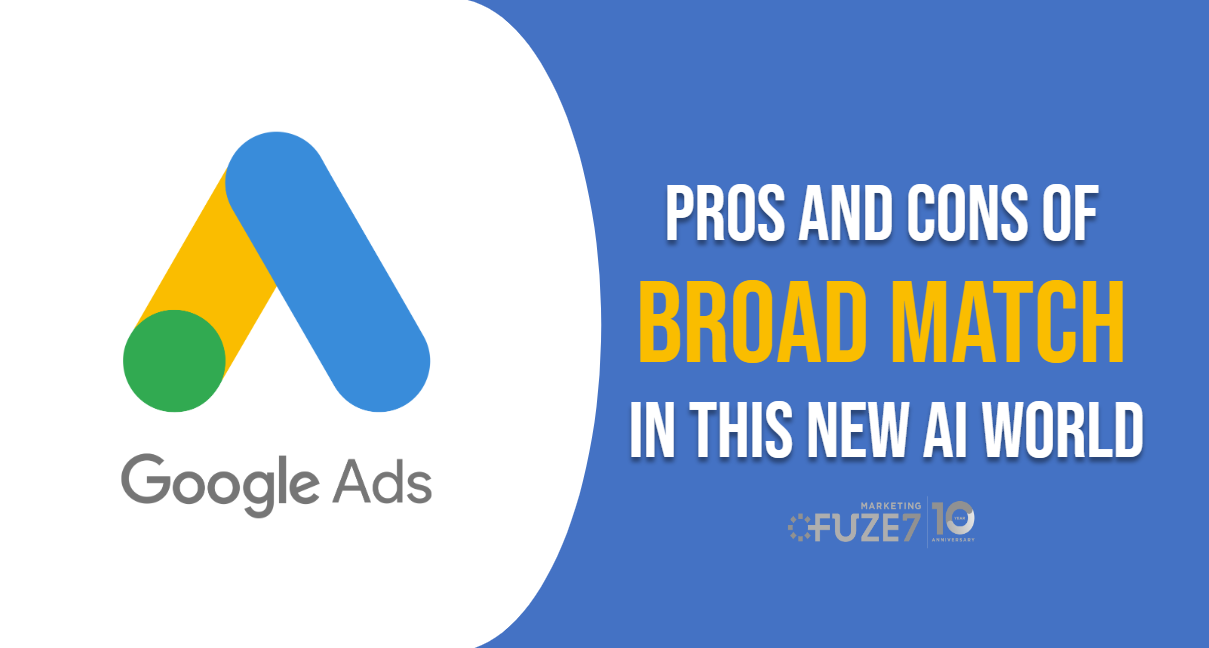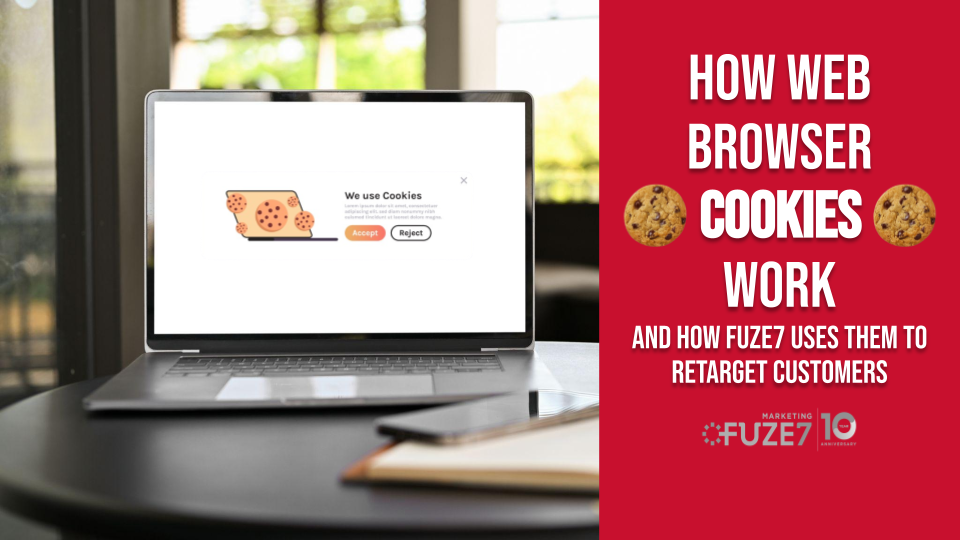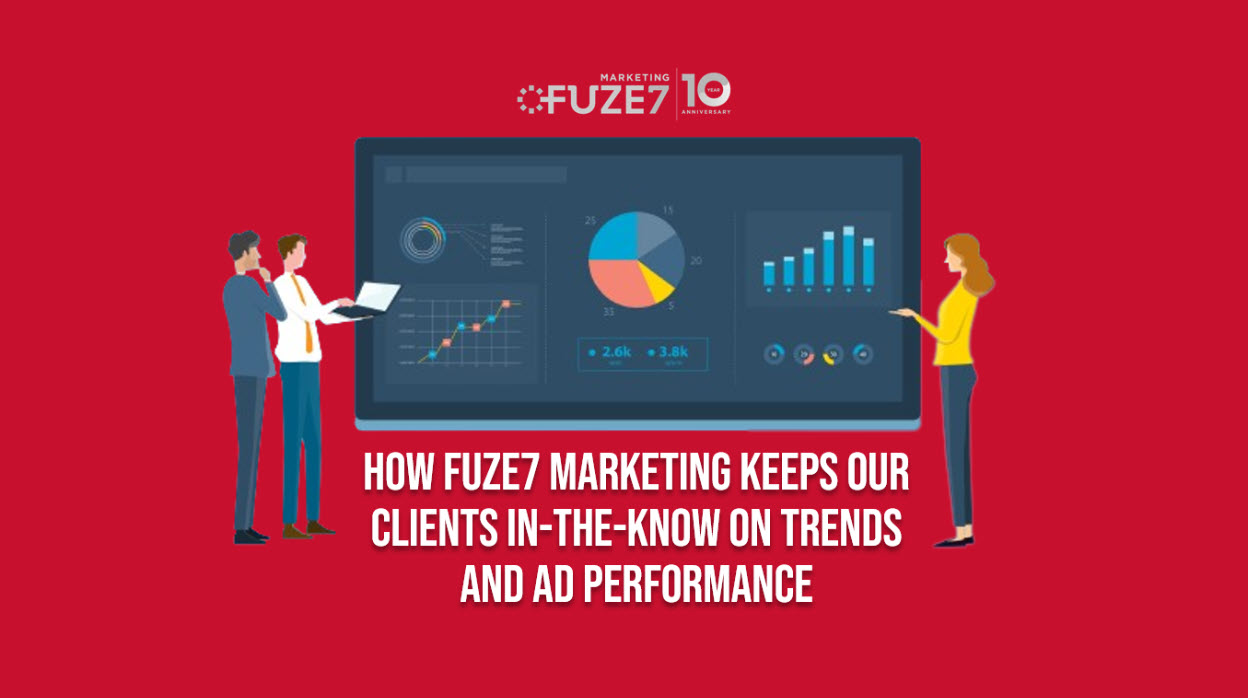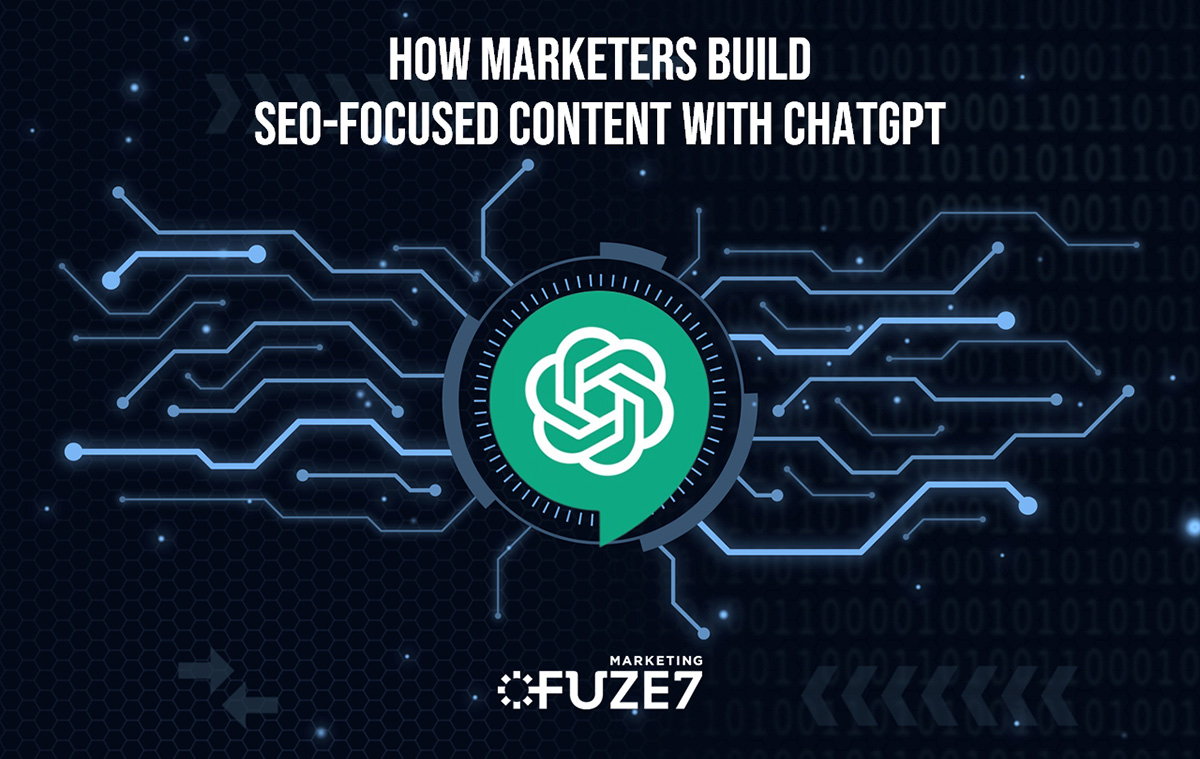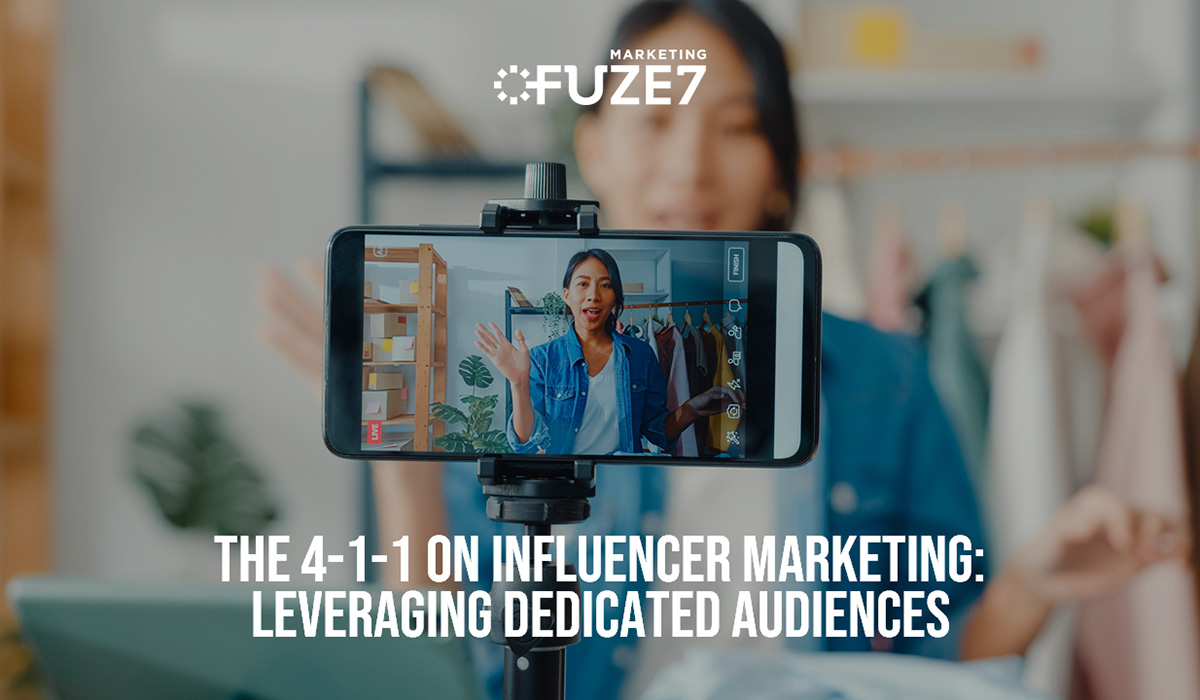Digital advertising and how companies market to consumers is undergoing a profound change as companies grapple with new privacy rules and restrictions around the tracking and use of personal data. In the past year, several key events occurred which are driving this change.

In 2021, Apple introduced a pop-up window for its iPhones that asks users for their permission to be tracked by the different apps they use. This new “opt-in” feature has resulted in more than 80 percent of iPhone users opting out of tracking worldwide.
Google also announced plans to disable tracking technology in its Chrome web browser. Although the timetable has been pushed out to 2023, the use of third-party cookies to track people online will no longer be supported by Google.
Early in 2022, federal legislation—Banning Surveillance Advertising Act (BSAA)—was introduced which, if passed, would prevent the use of any personal data for the purpose of targeting ads.
While some of the restrictions and changes are still evolving, apps and digital advertising platforms are already adapting and the move away from behavioral tracking is at the forefront. As the access to personal data and the ability to track online behavior is limited, how companies advertise online will necessarily change.
Some of the ways digital advertising may change include more contextual advertising (placing ads where consumers are most likely to be), incentive-based viewing (users are rewarded for watching ads), and the introduction of new ad tracking alternatives. Facebook, for example, is working on a new method of showing ads without relying on users’ personal data.
As the tracking and use of personal data in advertising is being restricted, organic SEO is becoming even more important. Organic search engine optimization (SEO) refers to the non-paid methods and strategies employed to secure high rankings in search results on Google and other search engines. Organic SEO does not rely on app data or personal behavioral tracking. Instead, Organic SEO uses search engine data to discern what users are looking for, and leverage the keywords and key phrases in their content.
Implementing effective digital content marketing strategies—landing pages, blogging, email, social media, and paid ad campaigns—requires solid data. SEO data is even more critical in the absence of personal behavioral data.
At Fuze7, we are digital marketing experts. As online advertising continues to evolve, we will stay abreast of the latest changes and industry best practices so our clients can stay ahead of the curve too. Contact Fuze7 today to explore how we can help improve your online presence and digital marketing.


